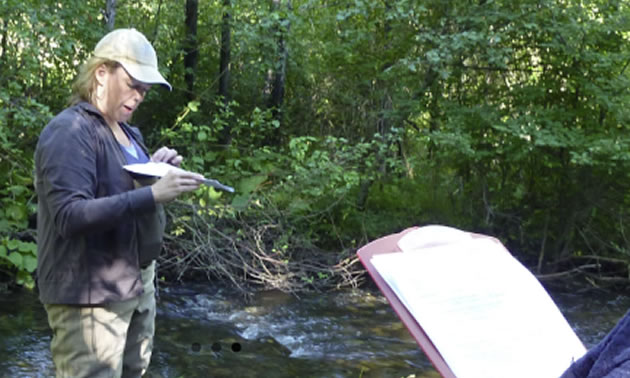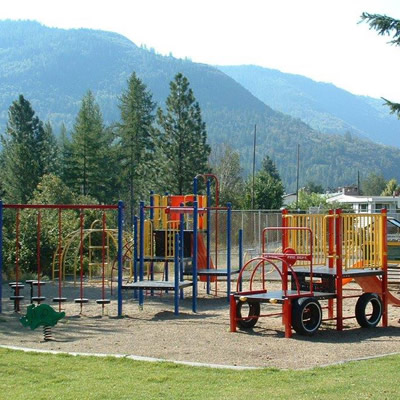Website Launch: Columbia Basin Water Quality Project
Columbia Basin Trust has funded this project and Mainstreams has coordinated it since 2007.

Mainstreams Environmental Society is pleased to announce the launching of a website for the Columbia Basin Water Quality Project. — Photo: www.cbwq.ca
Mainstreams Environmental Society is pleased to announce the launching of a website for the Columbia Basin Water Quality Project. An Internet search for cbwq.ca will take you to the site where you can explore monitoring data from nine local watersheds in the Columbia Basin.
Columbia Basin Trust has funded this project and Mainstreams has coordinated it since 2007. It all began as a response to requests by water stewardship groups to learn how to monitor their water. Five groups from the West Kootenay and four from the East Kootenay make up the project.
At least two members of each group have trained to get Environment Canada accreditation to carry out CABIN monitoring. CABIN; which stands for Canadian Aquatic Biomonitoring Network is a protocol used by Environment Canada and government agencies in many provinces and territories across Canada for water quality monitoring. Each group monitors monthly from April to October. To our knowledge this citizen science project is unique in Canada.
Project data includes water chemistry, velocity, flow, temperature and Environment Canada Analytical Reports,” said Laura Duncan, Project Coordinator. Analytical reports created by the Environment Canada database compares the community of small creatures living on the bottom of the stream to communities expected to be found in a similar stream in pristine condition. The amount the sample stream differs from the pristine stream is a measure of water quality. For a more detailed explanation, go to the Environment Canada website at: https://ec.gc.ca/rcba%2DCABIN/ and click on aquatic biomonitoring program.
Check out the site at www.cbwq.ca to see who the partner groups are and what their data looks like.
"Building a website as complex as this is challenging," said Jim Duncan, Project Administrator. "Huge credit goes to Daniel Sequin of Desirable Futures in Crawford Bay for getting the site up and running."
"Water quality data on small watersheds is invaluable to policy and land managers and the longer in time the dataset covers, the more valuable it is. Big river systems reflect changes from climate change more slowly than small tributaries," said Laura Duncan. "So trends or changes seen in the smaller streams can give an indication of how Columbia Basin streams are responding to changes in climate."





Comments